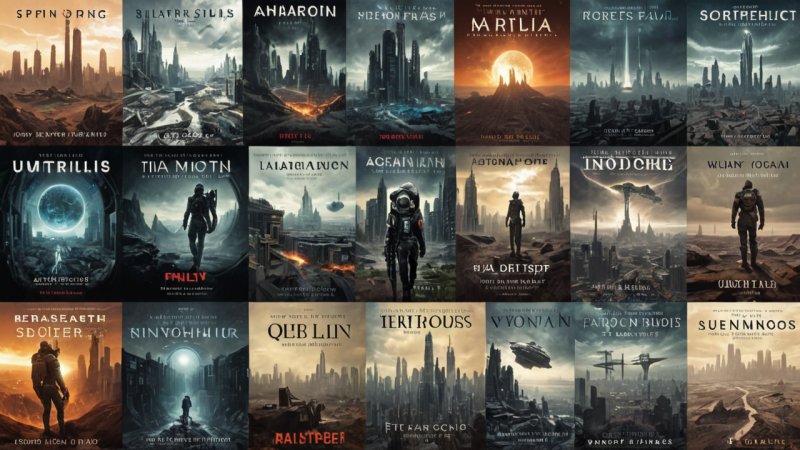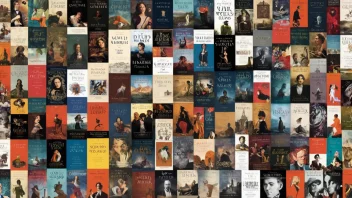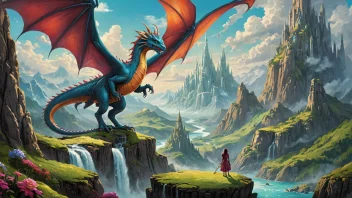Dystopian fiction has captivated readers for decades, presenting grim visions of the future that often mirror our present-day realities. Through imaginative storytelling, authors explore themes of oppression, societal collapse, and the resilience of the human spirit. Here’s a closer look at some of the most impactful science fiction books that delve into dystopian futures, each offering valuable insights into our own world.
1. **'The Dispossessed' by Ursula K. Le Guin**: In this thought-provoking novel, Le Guin contrasts two vastly different societies: one capitalist and the other anarchist. The story follows Shevek, a physicist who seeks to bridge the divide between the two worlds. Through Shevek’s journey, readers are invited to reflect on the nature of freedom, individuality, and the complexities of political systems.
2. **'The Giver' by Lois Lowry**: Targeted at young adults, 'The Giver' presents a seemingly utopian society devoid of pain and suffering. However, as Jonas, the protagonist, discovers the dark secrets behind his community’s facade, readers are forced to confront the moral implications of a controlled existence. Lowry’s novel is a profound exploration of memory, emotion, and the importance of choice.
3. **'Snow Crash' by Neal Stephenson**: Blending science fiction with cyberpunk elements, 'Snow Crash' takes place in a future America where the government has collapsed. The protagonist, Hiro Protagonist, is a hacker and pizza delivery driver who uncovers a dangerous virtual drug that threatens reality. Stephenson’s novel offers a satirical look at technology, culture, and capitalism, making it a relevant read in today’s tech-driven world.
4. **'The Power' by Naomi Alderman**: This speculative fiction novel imagines a world where women develop the ability to emit electric shocks, leading to a dramatic shift in societal power dynamics. Alderman’s narrative challenges traditional gender roles and examines the consequences of power itself. 'The Power' is a compelling exploration of feminism and societal structures that will leave readers questioning their own perceptions.
5. **'Station Eleven' by Emily St. John Mandel**: Following a global pandemic that wipes out most of humanity, 'Station Eleven' weaves together the lives of several characters before and after the collapse. The novel emphasizes the importance of art, memory, and human connection in the face of catastrophe. Mandel’s lyrical prose and intricate storytelling create a haunting yet beautiful meditation on survival and hope.
6. **'Children of Men' by P.D. James**: Set in a future where humanity faces extinction due to widespread infertility, James’s novel explores themes of despair and the longing for hope. The story follows Theo, a disillusioned bureaucrat, as he becomes embroiled in a conspiracy to save the future of humanity. Through its rich character development and moral dilemmas, 'Children of Men' poses profound questions about the value of life and the human condition.
These powerful dystopian narratives offer more than just thrilling tales; they serve as mirrors reflecting our current societal issues. As we navigate the complexities of modern life, these books prompt us to consider the potential consequences of our actions and the importance of safeguarding our freedoms. In a world where fiction often becomes reality, engaging with dystopian literature is a crucial part of understanding the human experience.
Unraveling Dystopia: Must-Read Sci-Fi Novels
Discover the most impactful sci-fi novels that explore dystopian futures and their relevance to our modern world.






